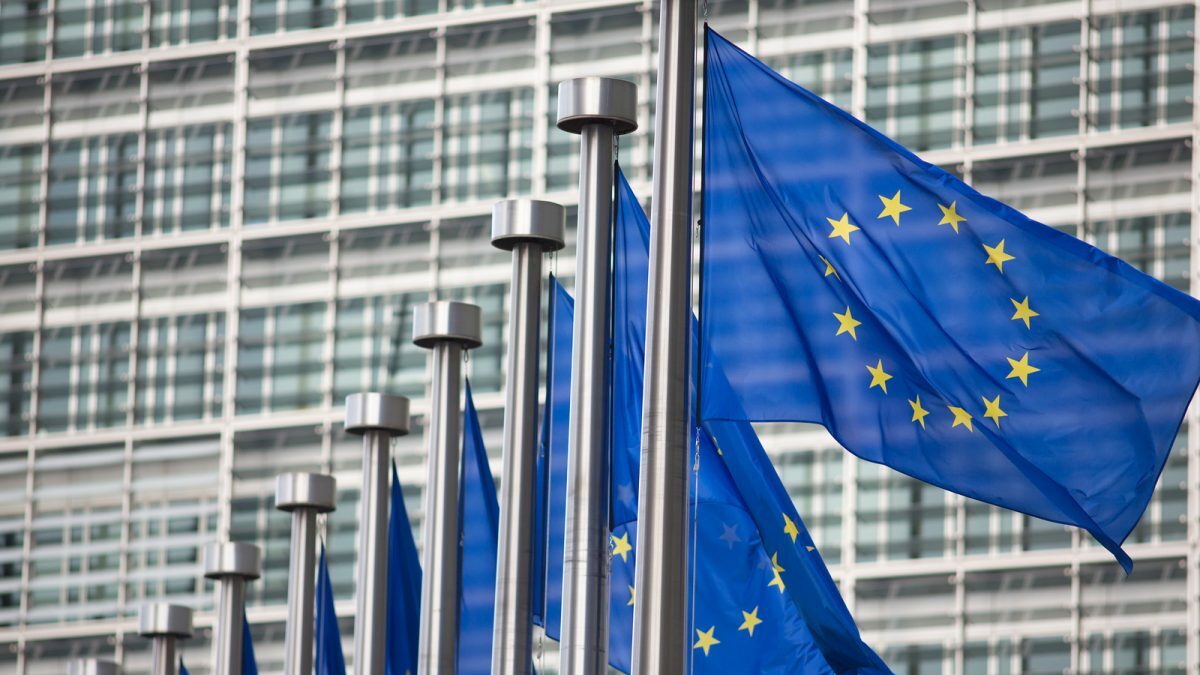Apple has approved the Epic Games Store for iOS users in the European Union. This approval comes after a contentious back-and-forth between Apple and Epic Games, the developer behind the popular game Fortnite. The dispute centered around Apple’s initial rejection of the Epic Games Store, citing similarities in the “Install” button and “in-app purchases” labels to those used in Apple’s App Store.

Earlier this week, Epic Games submitted the Epic Games Store for notarization by Apple. However, the submission was rejected twice, with Apple stating that the design elements of the Epic Games Store were too similar to those of the App Store. Epic Games argued that these rejections were “arbitrary, obstructive, and in violation of the DMA.” The company promptly reported the issue to the European Commission, the executive arm of the European Union.
Despite the initial rejections, Apple eventually approved the Epic Games Store later in the day, albeit with the condition that Epic would make necessary design adjustments in a subsequent update. This approval marks a significant step in the implementation of the DMA, which requires tech giants like Apple to allow third-party app stores on their platforms.

The Digital Markets Act (DMA), which went into effect in March, is designed to promote competition and innovation by reducing the gatekeeping power of major tech companies. Under this legislation, companies like Apple, designated as “gatekeepers,” must allow third-party app stores and alternative payment systems on their platforms. This regulatory framework aims to level the playing field for developers and enhance consumer choice.
Epic Games has been a vocal advocate for the DMA, arguing that Apple’s control over the iOS app ecosystem stifles competition. The approval of the Epic Games Store under the DMA is a significant victory for Epic and other developers seeking to break free from the constraints of Apple’s App Store policies.

The feud between Epic Games and Apple dates back to 2020, when Epic updated Fortnite to use a third-party payment system, bypassing Apple’s 30% commission on in-app purchases. Apple responded by removing Fortnite from the App Store, prompting Epic to file a lawsuit against Apple for antitrust violations.
In a landmark ruling, a U.S. judge found that Apple did not hold a monopoly but ordered the company to allow developers to include links to third-party payment platforms. Despite this partial victory for Epic, the company continued to challenge Apple’s practices, both in the U.S. and the EU.
The latest dispute in the EU highlights the persistent tensions between the two companies. Epic’s CEO, Tim Sweeney, took to social media to express frustration over delays caused by Apple’s TestFlight program, a platform used for beta testing apps. Despite these challenges, Epic remains committed to launching its marketplace and Fortnite on iOS in the EU.
(via Reuters)